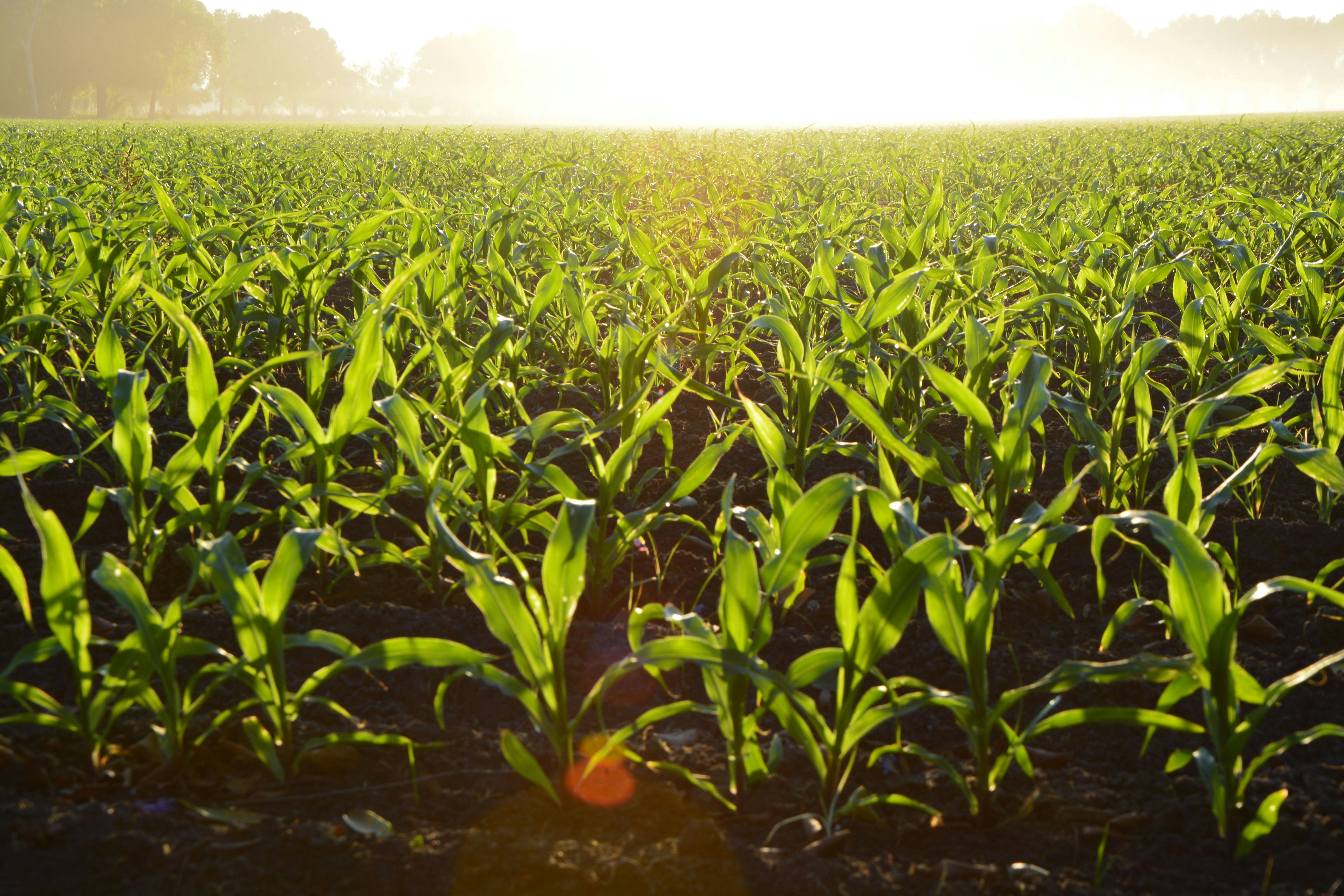Potassium is an essential nutrient for plant growth and development. It is a macronutrient, which means that plants require it in large amounts. Potassium plays several critical roles in plants, including regulation of water balance, enzyme activation, and support of cell structure and function.
One of the primary functions of potassium in plants is to help regulate water balance. Potassium ions (K+) are positively charged and can move freely in and out of plant cells. This movement helps to maintain water balance within the plant and ensures that the plant does not become dehydrated during periods of water stress.
Potassium is also essential for the activation of enzymes that regulate many biochemical processes in plants. These enzymes are involved in the conversion of sugars to starches, protein synthesis, and the breakdown of carbohydrates during respiration. Without adequate potassium, these processes may slow down or even stop, leading to stunted growth, reduced yield, and poor-quality produce.
Potassium deficiency in plants can cause a range of symptoms that can vary depending on the severity of the deficiency and the plant species. One of the most common symptoms is yellowing of the leaves, which usually starts at the tips and margins and progresses inward. In severe cases, the leaves may develop necrotic spots or edges and eventually die off. The plants may also show signs of stunted growth, reduced fruit size, and poor fruit quality. The stems may become weak and brittle, and the plant may be more susceptible to pests and diseases. Additionally, potassium-deficient plants may exhibit symptoms of water stress, such as wilting and leaf rolling. It is essential to monitor plants regularly and diagnose any nutrient deficiencies early to prevent damage and promote healthy growth.
Potassium also helps to improve plant resistance to pests and diseases. Plants that are deficient in potassium are more susceptible to attack by pests and diseases. This is because potassium helps to strengthen cell walls and support the production of defensive compounds that protect plants against pathogens and pests.
Running potassium through dripline irrigation at fruit set is an effective way to ensure that plants receive adequate potassium during this critical growth stage. Dripline irrigation allows for precise and efficient delivery of water and nutrients directly to the root zone of the plants, minimizing nutrient loss through leaching and evaporation. By applying potassium through dripline irrigation at fruit set, plants can absorb this essential nutrient more efficiently, supporting fruit growth and development. Additionally, this method of application allows for better control over the amount and timing of potassium application, reducing the risk of over-fertilization and potential damage to the plant. Overall, running potassium through dripline irrigation at fruit set is a practical and effective way to promote healthy plant growth and improve crop yield and quality. We recommend using either Soluble Sulfate of Potash 0-0-52 at 10-15 lbs/Acre or Pro K 0-0-20 at 2 qts/acre through the dripline at fruit set on a weekly basis.
